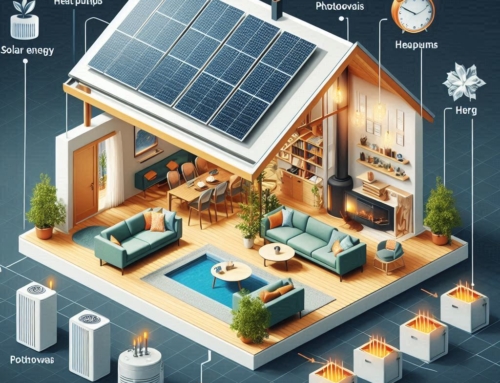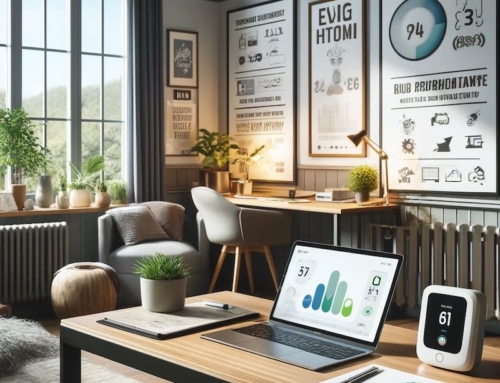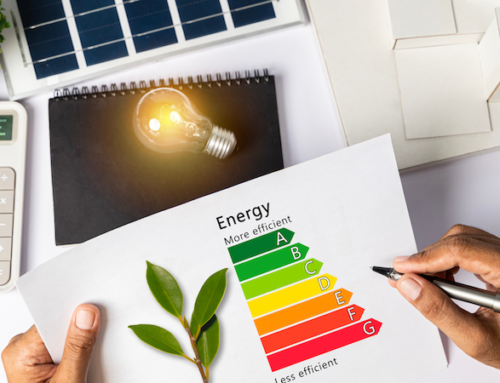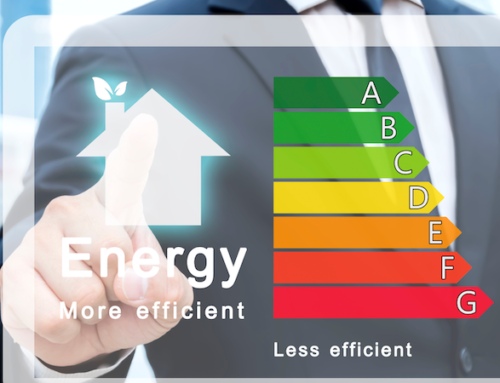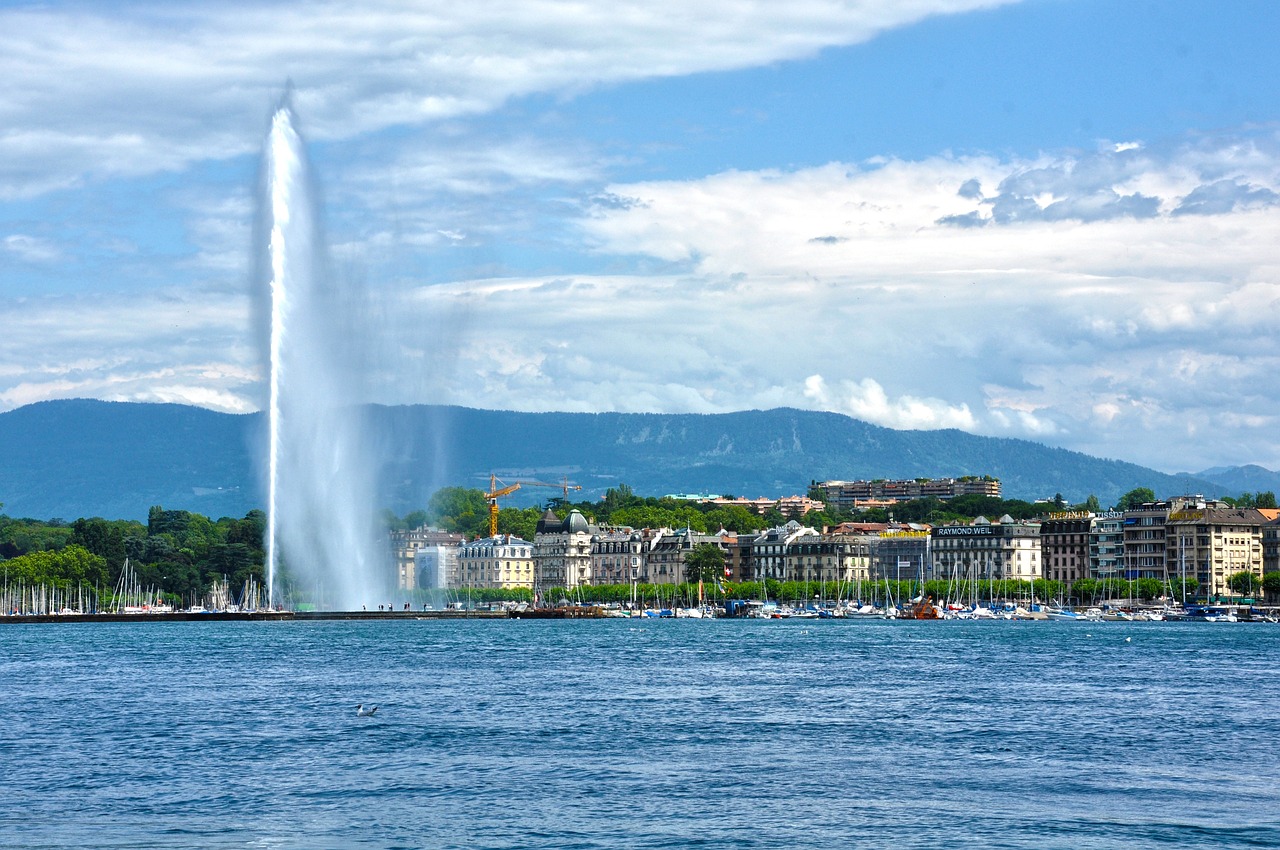
As the world moves towards a more sustainable future, the Swiss cantons of Geneva and Vaud stand out for their targeted efforts to promote energy retrofits and the adoption of renewable energies in the building sector. Let's find out more about the latest news and opportunities for property owners.
Geneva: Innovation and Progress
In Geneva, an unprecedented agreement was recently signed to renovate the city's building stock. The Département du Territoire, in collaboration with fifteen partner organizations, has defined a series of key measures to promote more efficient energy management of buildings. Key new features include:
Here are the key points agreed:
- Preference forIDC (Heat Expenditure Index), a recognized tool for assessing actual building energy consumption.
- Extended renovation deadlines for villas and small buildings (with fewer than 5 thermal units), maintaining the original deadlines for other buildings.
- A budget of Subsidies increased to 500 million francs, with an amount allocated per square meter.
- However, the implementation of this agreement still requires parliamentary work:
- A new vote on amended law 12593.
- Amendments to the proposed investment law (PL 13222) presented by the Conseil d'État to grant Subsidies, bridging loans and guarantees for the energy renovation of buildings.
- Withdrawal of IN 186.
- Changes in energy regulations.
This collaborative effort will make a significant contribution to creating a more sustainable and energy-efficient future for the city of Geneva.
Vaud: Innovation and Sustainability
In the canton of Vaud, the commitment to sustainability in the building sector is just as evident. With a budget of 75 million francs allocated to the buildings program for 2024, Vaud is committed to actively promoting energy renovation solutions and the use of renewable energies. Key initiatives include:
- Increase in Subsidies. Vaud offers significant financial support to encourage energy renovation, with an increase of 15 million francs over the previous year.
- Renewable energy incentives. New Subsidies incentives have been introduced for the installation of high-efficiency heat pumps and photovoltaic solar panels, encouraging the adoption of sustainable energy sources.
- Positive impact on the economy and the environment. Funding allocated to the buildings program not only supports the energy transition, but also has a positive impact on the local economy, generating over 300 million francs in sectors such as construction and renewable energies.
Geneva and Vaud play a leading role in promoting energy sustainability in the building sector, offering unique opportunities to enhance property values and contribute to the fight against climate change.
Incentives are on the increase, making it even more crucial to use CECB Plus and AMOen studies to analyze the best intervention strategies for sustaining property value, improving tenant-owner comfort and maximizing the cost-benefit ratio.
Subsidies AMOen in the canton of Vaud. Compared to 2023, here are the new Subsidies for 2024:
- From 3,000 to 4,000 francs per house.
- From 6,000 to 8,000 francs for other buildings.
Find out more
- CECB: cantonal energy certificate
- CECB Plus: certificate & advisory report
- AMOen: Energy project management assistance
Information sources:
Ginevra: ge.ch
Vaud: vd.ch

